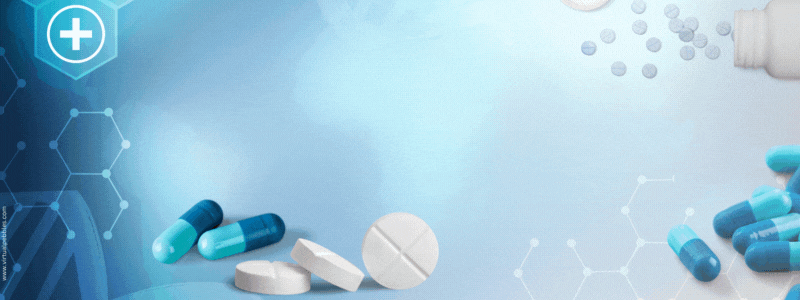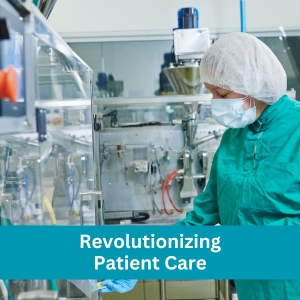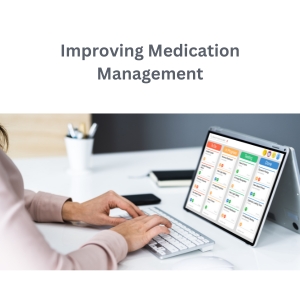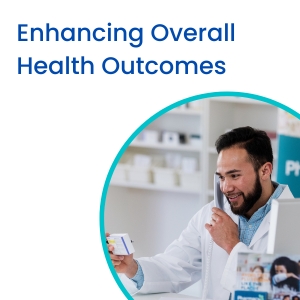Announcement
Get Ready for INDUS CUP 2K26! | Dates: 5–10 January 2026 | Stand a Chance to Win Cash Prizes up to ₹10,00,000!...Read more Get Ready for INDUS CUP 2K26! | Dates: 5–10 January 2026 | Stand a Chance to Win Cash Prizes up to ₹10,00,000!
We are excited to announce the Indus Hackathon 2025, an exhilarating one-day event organized by the CSE Department of Indus University....Read more We are excited to announce the Indus Hackathon 2025, an exhilarating one-day event organized by the CSE Department of Indus University.
26th ISTE Faculty Annual State Convention will be held at Indus University on April 27, 2023....Read more 26th ISTE Faculty Annual State Convention will be held at Indus University on April 27, 2023.
Get Ready for INDUS CUP 2K26! | Dates: 5–10 January 2026 | Stand a Chance to Win Cash Prizes up to ₹10,00,000!...Read more Get Ready for INDUS CUP 2K26! | Dates: 5–10 January 2026 | Stand a Chance to Win Cash Prizes up to ₹10,00,000!
We are excited to announce the Indus Hackathon 2025, an exhilarating one-day event organized by the CSE Department of Indus University....Read more We are excited to announce the Indus Hackathon 2025, an exhilarating one-day event organized by the CSE Department of Indus University.
26th ISTE Faculty Annual State Convention will be held at Indus University on April 27, 2023....Read more 26th ISTE Faculty Annual State Convention will be held at Indus University on April 27, 2023.

Pharmacy innovations play a crucial role in shaping the future of healthcare. With advancements in technology, research, and patient-centred care, pharmacy courses are experiencing rapid transformation. This article explores the significance of pharmacy innovations in healthcare and their potential to revolutionize patient care, improve medication management, and enhance overall health outcomes.
One of the critical areas where pharmacy innovations have made significant strides is in revolutionizing patient care. Advanced medication delivery systems, such as smart pill dispensers and wearable drug delivery devices, have emerged as groundbreaking solutions. These technologies ensure personalized drug dosing and improved adherence, empowering patients to take medications in a timely and accurate manner. By providing precise drug delivery and monitoring capabilities, these innovations enhance patient outcomes and minimize the risk of medication errors.
Telepharmacy and virtual consultations have gained prominence, especially in the wake of the COVID-19 pandemic. Telepharmacy services enable remote prescription management and consultations, improving access to healthcare, particularly in underserved areas. Virtual consultations provide convenient and efficient healthcare interactions, enabling patients to seek expert advice and guidance from pharmacists without the need for in-person visits. B.Pharmacy Top colleges in India, integrating pharmacy courses within healthcare teams further promotes collaborative patient care, where pharmacists work closely with other healthcare professionals to optimize treatment outcomes. This multidisciplinary approach ensures comprehensive care and improves patient satisfaction.


Pharmacy innovations have also greatly improved medication management, addressing key challenges in the prescription and usage of medications. Electronic prescribing and medication reconciliation systems have streamlined prescription processes and reduced errors. These technologies enable healthcare providers to transmit accurate and legible prescriptions electronically, minimizing the risk of misinterpretation and enhancing patient safety. Medication reconciliation systems help ensure that patients' current medication regimens are accurately documented, reducing the likelihood of adverse drug events and improving the continuity of care during transitions between healthcare settings.
Medication therapy management (MTM) services have emerged as a vital component of pharmacy innovations. MTM involves comprehensive medication reviews, personalized counselling, and patient education to optimize medication adherence and efficacy. Pharmacists play a central role in conducting medication reviews, identifying and resolving drug therapy problems, and educating patients about their medications. By offering personalized care and guidance, MTM services enhance patient understanding, adherence, and overall health outcomes.
Furthermore, artificial intelligence (AI) and data analytics are being increasingly integrated into pharmacy practice. AI algorithms can analyze vast amounts of data to identify potential drug interactions, adverse events, and patient-specific factors that impact treatment outcomes. These insights enable pharmacists and healthcare providers to make informed decisions, optimize medication usage, and design tailored treatment plans. The use of AI and data analytics not only enhances patient safety but also contributes to evidence-based practice and quality improvement in pharmacy.
Pharmacy innovations have a significant impact on enhancing overall health outcomes, with a focus on personalized medicine and pharmacogenomics. Precision medicine, based on genetic profiling, allows for the customization of drug therapies according to individual patient characteristics. By considering genetic variations, pharmacists can identify patients who may respond differently to specific medications, leading to personalized treatment plans and improved efficacy. Pharmacogenomic testing has the potential to optimize medication selection, minimize adverse reactions, and increase treatment success rates.
Besides, medication adherence technologies have played a vital role in improving health outcomes. Smart pill bottles and reminder apps help patients adhere to their medication regimens by providing timely reminders and alerts. Adherence to prescribed medications is crucial for successful treatment outcomes, and these technologies empower patients to stay on track with their medications, leading to improved health outcomes and reduced healthcare costs associated with treatment failures and disease complications.

Moreover, pharmacists actively contribute to public health initiatives, and pharmacy colleges in India provide proper training and in-depth knowledge of pharmacy courses. They provide immunizations and preventive care services, playing a pivotal role.